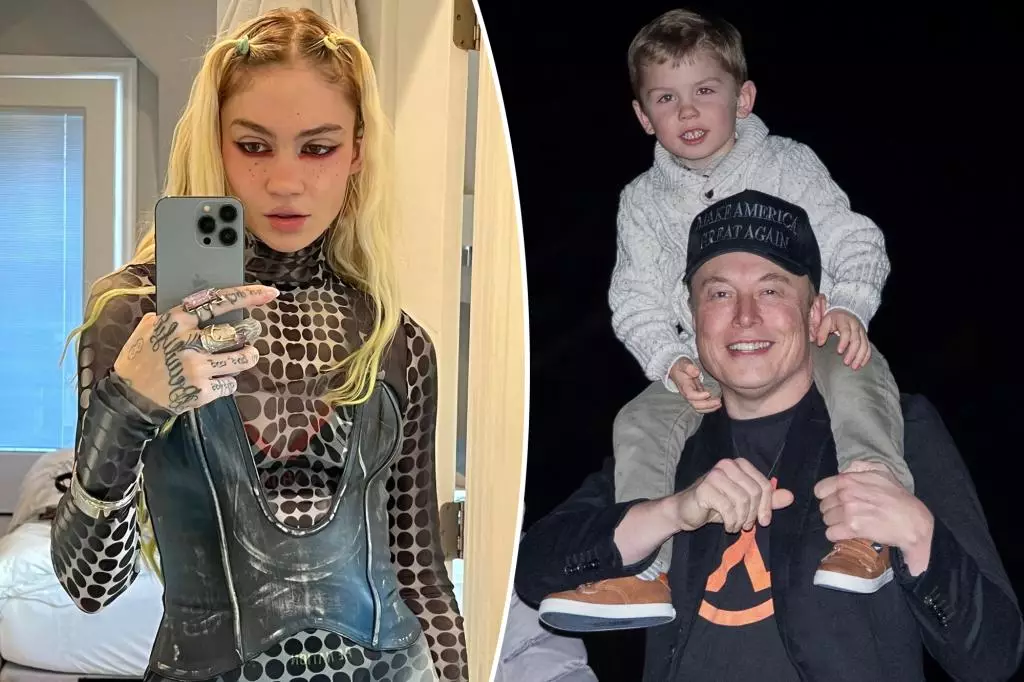In a landscape where artists often hide behind their curated personas, Grimes emerges like a breath of fresh air, candidly addressing her struggles with autism and ADHD. The singer-songwriter’s recent disclosure expands the conversation surrounding neurodiversity and mental health in the public domain. By sharing her diagnosis via social media, Grimes invites us into her world, challenging societal norms that often stigmatize mental health conditions.
Her revelation is not merely a personal confession; it is a call to redefine how we perceive those who think and engage differently. Grimes articulates a sentiment that resonates with many: had she received earlier diagnoses, her life might have been far less burdensome. The acknowledgment of her dyslexia—echoed in her light-hearted take on spelling—serves as a reminder that our perceived limitations can often stem from a lack of understanding rather than a lack of ability.
Understanding Neurodiversity
Grimes’ insights highlight the layered complexities of ADHD and autism, particularly in adults. The artist boldly states that her quirky obsessions and motivations might have been labeled “pathological” had her conditions been diagnosed sooner. This raises a crucial point: the necessity for awareness and understanding around neurodiversity. It’s easy to conflate eccentricity with dysfunction; however, Grimes exemplifies how traits often considered abnormal can contribute to unique strengths and artistic expression.
The artist’s mention of “screen addiction and dopaminergic burnout” not only reflects her personal struggles but also echoes a broader societal concern. The incessant bombardment of stimuli in the digital age can exacerbate mental health issues, leading to an epidemic of undiagnosed and mismanaged conditions. Grimes’ criticism of the “uninformed social media mental health subculture” emphasizes the urgent need for responsible discourse surrounding mental health online, where misinformation can mislead vulnerable individuals seeking support.
A Message Beyond Music
In her recent disclosures, Grimes goes beyond mere personal anecdotes; she positions herself as an advocate for children and families grappling with similar issues. Her concern over her children’s exposure to public life resonates deeply in an age where celebrity children are subjected to scrutiny from an early age. In an era where privacy seems a luxury, Grimes’ fervent requests to keep her children “offline” reflect a protective instinct unseen in many celebrity narratives.
Her ongoing conflict with Elon Musk over parental rights is emblematic of the deeper issues at play. The intersection of fame, mental health, and parenting creates a complex tapestry that can be difficult to navigate. Grimes’ experiences shed light on an often-overlooked aspect of celebrity culture—the psychological toll of public scrutiny on family dynamics.
By revealing her struggles, Grimes not only normalizes mental health discussions but encourages individuals to embrace their identities—flaws and all. In a world where societal norms often dictate silence, her bravery sparks a necessary conversation about understanding, acceptance, and the transformative power of embracing one’s true self.

